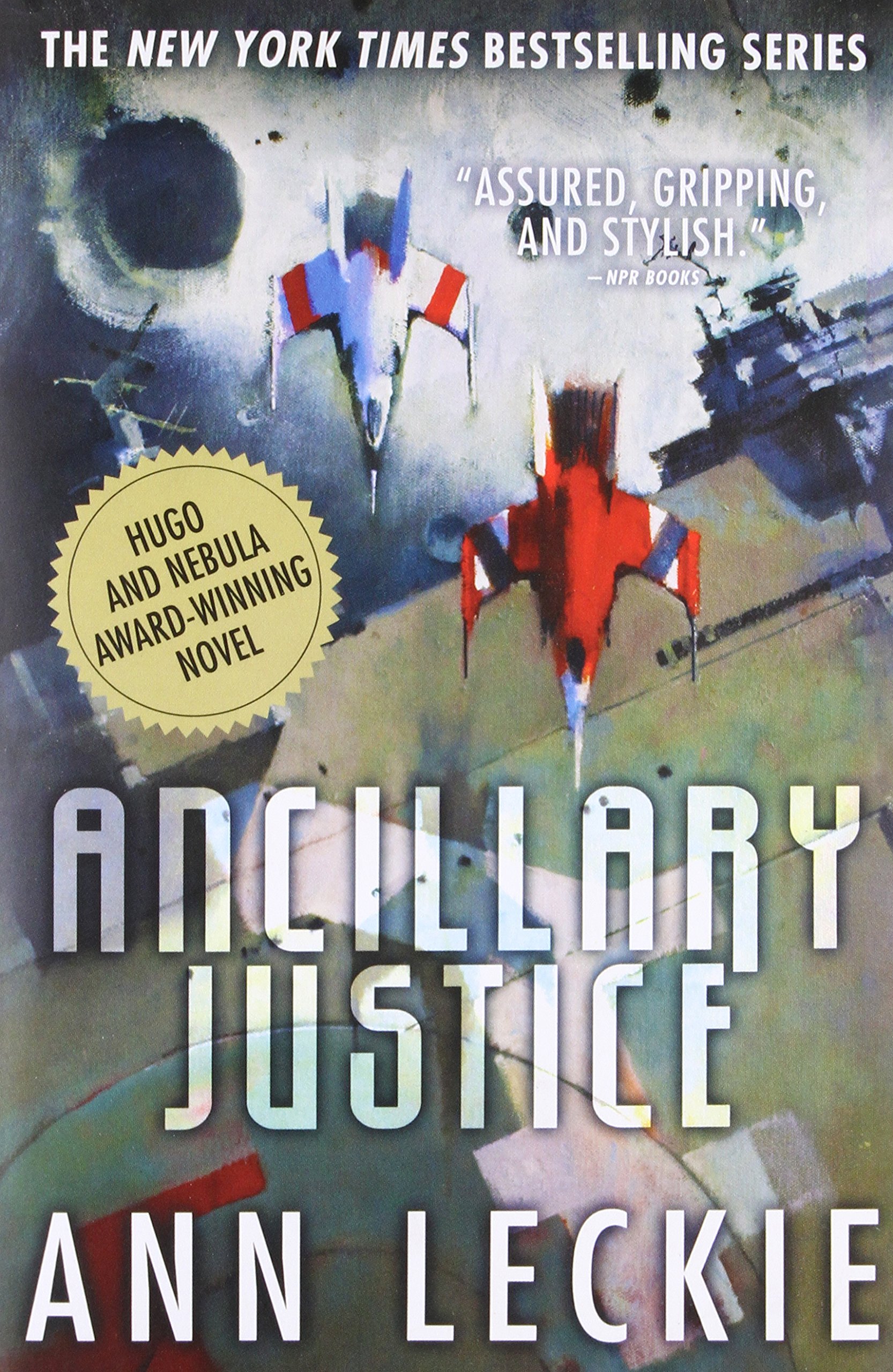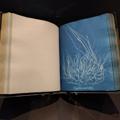It's comfort reread season over here. This book has enough reviews and awards it doesn't need another general review from me on the pile, so mostly I'm wondering about what makes this book a comfort reread for me (and many others)?
Partially it's that thematically it hits really strong notes. It's a story about justice, and revenge against an empire. It's about not trusting empires, no matter who is running them at the time. But it's also about second chances, leaning on friends, finding new ways of being, and the value of small actions even when you can't solve everything.
And even if the tyrant’s protestations were insincere, which they ultimately had to be, no matter her intentions at this moment, still she was right. My actions would make some sort of difference, even if small.
The first time I read this book about revenge on an empire at war with itself, my expectations were that the next book would be some sort of escalation, but instead it went much smaller. In retrospect, I'm not sure the worldbuilding and the stakes could have been escalated without it becoming a heroic arc for Breq (or somebody else) defeating an empire and saving the universe. It just isn't that kind of story.
Instead, this book feels much more about the value of small and local actions. The mutiny at Ime is a news story in the background, but it carries so much thematic (and worldbuilding) weight and feels like part of a through line for the trilogy. In a world where I continually despair of my lack of leverage to make the world better, this message about doing what I can where I can is one I continually need to hear.
Twenty years of habit overtook me, and for an instant I despaired of choosing the right pronouns, the right terms of address. But I didn’t need to do that here. I could drop that worry, a small but annoying weight I had carried all this time. I was home.
I am always a sucker for a story with some gender in it, so I know this is part of why I come back to this book. I love the humor about Breq not understanding other culture's gender and getting it wrong. The quote above resonates for me in the trans sense of being in a space where you can drop the mental worry about people misgendering you; it's a reversed feeling of observer vs observee from the quote, but the mental relief at removing the mental gender work feels tangibly similar.
The first time I read this book, I could tell that my brain had to defend itself against bringing in extra gendered baggage for the she pronoun. I don't know if it's because this is a reread or if I've been tested by the much more gender adversarial Too Like the Lightning, but this time around my internal observation was that I didn't feel like I parsed "she" any differently than "they".















